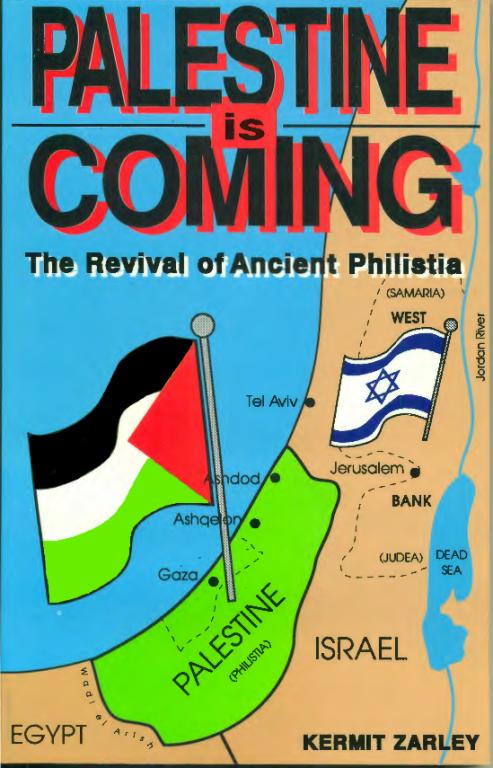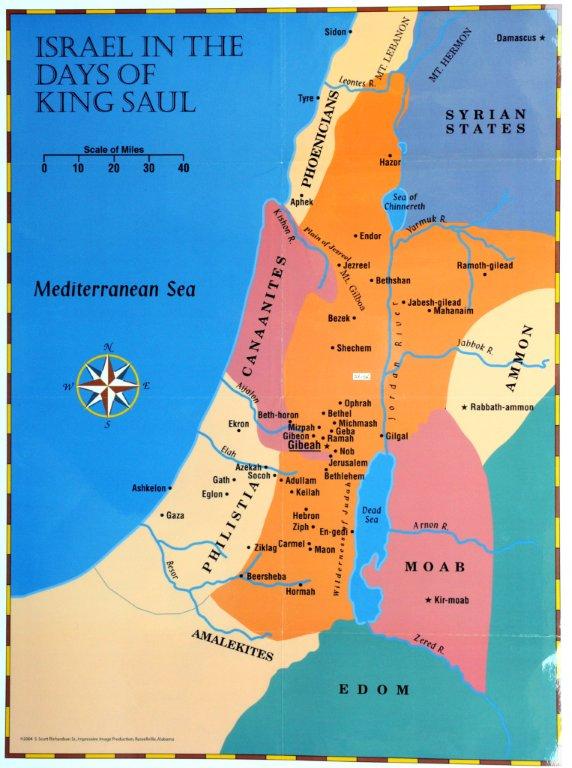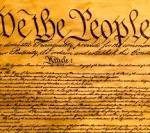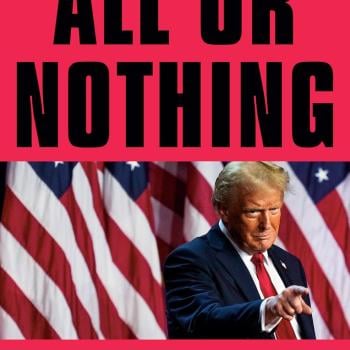Yesterday, Republican and U.S. President-elect Donald Trump named David M. Friedman as his choice for U.S. ambassador to Israel. Friedman–a Jew who speaks Hebrew fluently–is a bankruptcy lawyer with no diplomatic experience. He also has been an outspoken opponent of the two-state solution. He suggests it would not be against international law for Israel to unilaterally annex the entire West Bank. And Mr. Friedman strongly advocates moving the U.S. embassy from Tel Aviv to Jerusalem.
During Donald Trump’s presidential campaign, he said if elected he would move the U.S. embassy to Jerusalem. He also said he would not pressure Israel to conduct talks with the Palestinians toward the establishing of a Palestinian state.
All of this flies in the face of all past American policy regarding the Israeli-Palestinian conflict. The U.S. and all other members of the UN Security Council have maintained that Israel is an “occupier” of the West Bank, in accordance with UN principles, and that it certainly is against international law for Israel to approve of Jewish settlements in the West Bank. In fact, the peace process between Israel and the Palestinians is largely dead because of this continuance of West Bank Jewish settlements.
Furthermore, all of this will anger the Arab world in the Middle East since it has historically supported Palestinians in their quest for a sovereign state. However, a shift is happening in the Middle in which Muslim Iran and other Muslim nations in the north are becoming more greatly divided from Saudi Arabia and other Muslim nations in the south. And Saudi Arabia has softened its view toward Israel even as Iran has for decades now been very anti-Israel.
Next year will be the fiftieth anniversary of Palestinians advocating their traditional two-state solution. It began when Israel fought the Six-Day War, in October, 1967, which resulted in Israel gaining four parcels of land: Gaza Strip, West Bank, Sinai Peninsula, and Golan Heights. Israel returned the Sinai to Egypt as part of the Egypt-Israel Peace Treaty of 1979. And Israel unilaterally forfeited possession of the Gaza Strip to the Palestinians in 2005. But Israel has continued to occupy both the Golan Heights, which it took from Syria, and the West Bank, which Jordan had administered on behalf of the Palestinians.
 David Friedman as U.S. Ambassador to Israel may be the last nail of the coffin for the traditional two-state solution. However, these views of Friedman support the thesis of my book, Palestine Is Coming: The Revival of Ancient Philistia (1990). How so? I claim in the book that several biblical prophecies about the endtimes indicate the entire West Bank (Judea and Samaria) will then be part of Israel. Most people would then say, “then there will never be a two-state solution.”
David Friedman as U.S. Ambassador to Israel may be the last nail of the coffin for the traditional two-state solution. However, these views of Friedman support the thesis of my book, Palestine Is Coming: The Revival of Ancient Philistia (1990). How so? I claim in the book that several biblical prophecies about the endtimes indicate the entire West Bank (Judea and Samaria) will then be part of Israel. Most people would then say, “then there will never be a two-state solution.”
Not so. Everyone is accustomed to the erroneous idea that there is only one two-state solution: letting the Palestinians create their desired state in the Gaza Strip and all or most of the West Bank, with a corridor joining them. I say in my book that that arrangement either will never happen or, if it does, it will not work so that the two-state solution which I advocate will be the one that exists in the end of days.
 What is the two-state solution I advocate in my book? It is very plain to see simply by viewing the image of the front cover of my book, which affirms the subtitle of the book. Thus, Israel will possess all of the West Bank and the future Palestinian state will exist on the coastal plain in the approximate region where ancient Philistia existed. In the Bible, it is called “the land of the Philistines.” Just look at a Bible map (some Bibles have maps in the back of them) to see where ancient Philistia used to be located.
What is the two-state solution I advocate in my book? It is very plain to see simply by viewing the image of the front cover of my book, which affirms the subtitle of the book. Thus, Israel will possess all of the West Bank and the future Palestinian state will exist on the coastal plain in the approximate region where ancient Philistia existed. In the Bible, it is called “the land of the Philistines.” Just look at a Bible map (some Bibles have maps in the back of them) to see where ancient Philistia used to be located.

















